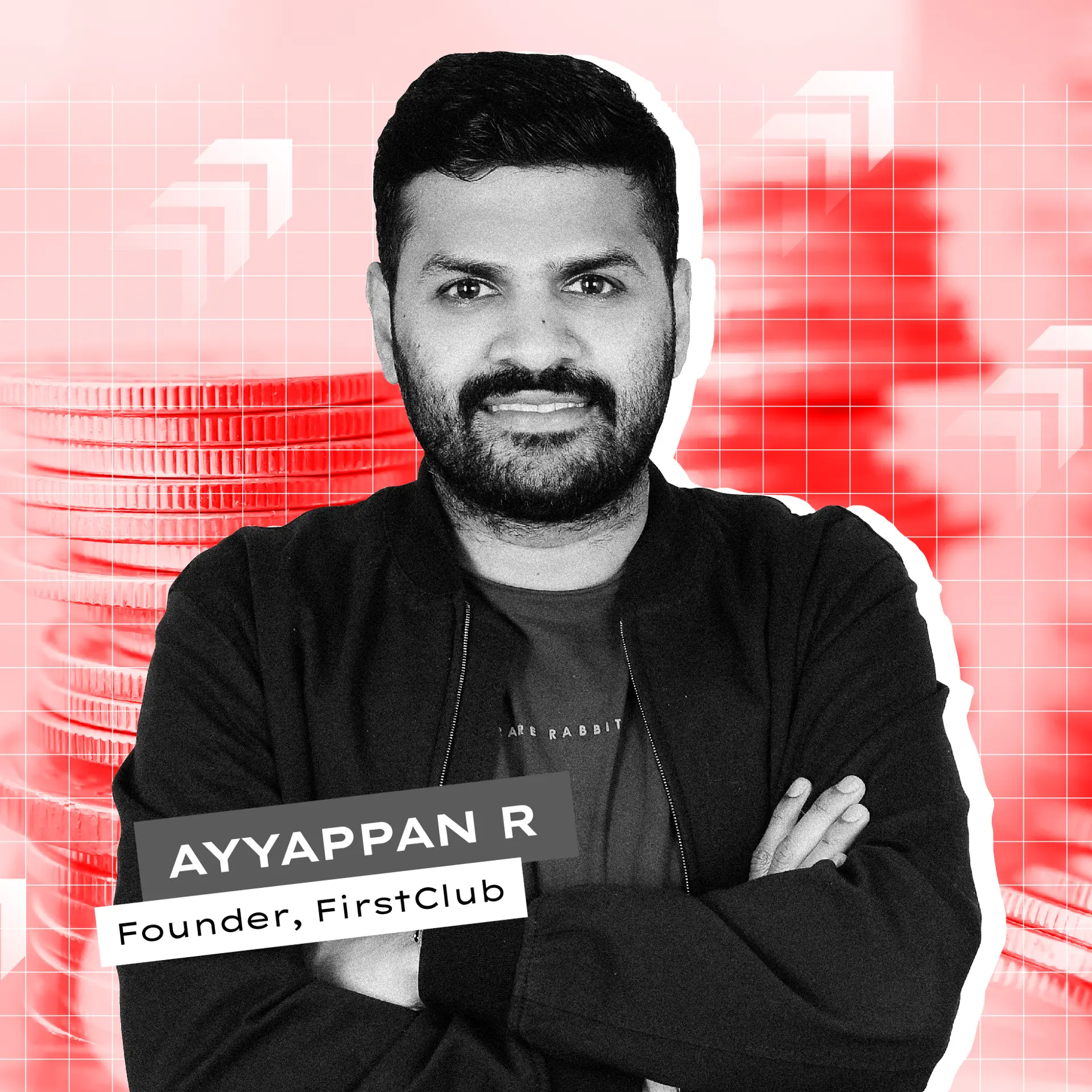COVID-19 changed traditional business practices, fast-tracked path to online model, say SmashUp 2020 panellists
While speaking at SmashUp 2020, an online conference organised by TiE Delhi-NCR chapter, panellists highlighted how the COVID-19 pandemic is pushing businesses to go online and is opening up opportunities to go global.
As the COVID-19 pandemic and the lockdown forced offices, factories, and industries to shut operations, online business models and work-from-home became the only way forward.
As lockdown is being gradually lifted, businesses are opening up. However, the global health crisis has forced many businesses to go online.

From L-R: Tanuja Gomes, Co-founder, Furtados School of Music; Avlesh Singh, Co-Founder, WebEngage; Raman Roy, CMD, Quatrro; and Atul Rai, Co-founder and CEO, Staqu Technologies
While addressing the audience at SmashUp 2020, a full-day online conference organised by TiE Delhi-NCR, Rajan Anandan, Managing Director at Sequoia Capital and President, TiE Delhi-NCR, said that the COVID-19 situation has accelerated many possibilities. “Digitisation in sectors like edtech which would have happened in three to five years has now happened in three to five months,” he said.
The online event saw experts from various sectors come together to discuss the current trends around the theme of ‘Opportunity for Indian Startups to build Global Brands’.
Taking part in a panel discussion titled ‘Atmanirbhar se Duniyanirbhar’, Tanuja Gomes, Co-CEO and Co-founder of Furtados School of Music (FSM) said, “In the pre-COVID-19 times, we had 75,000 students who we were training in partnership with about 143 K-12 schools. Due to the COVID-19 situation, all schools have shut down and are trying to find out how they can manage in the current circumstances. We successfully pivoted online over the last eight to 10 weeks and have trained over 20,000 students online.”
Explaining the change in business model, Tanuja said that FSM came up with new propositions for all types of learners. “In that sense, the whole world is now a market. We launched an online platform called FSM Buddy where one can get access to different forms of art learning including dance, drama, music, and much more. Now it is all about creating a platform not only across India but also globally. We have been recording good traction with the NRI diaspora reaching out to us,” she added.
Traditional practices changing
Avlesh Singh, Co-founder of Mumbai-based SaaS-startup WebEngage, said that traditional businesses are now accelerating their efforts to go online. According to him, the efforts which the businesses were making to date got fast-tracked due to the lockdown situation.
The startup which provides customer engagement platform to online businesses, recently onboarded multinational consumer goods company, Unilever, amid COVID-19 situation. “WebEngage onboarded Unilever recently as its client but this process could have probably taken much longer, around six to eight months in normal times. But now, the process only got faster which was not possible using traditional methods,” Avlesh said.
Speaking about WebEngage’s business during the time of the pandemic, he said that in pre-COVID-19 time, almost 60 percent of its business came from e-commerce and travel space. But this has changed since the travel sector has taken a hit. However, the edtech and gaming sectors have recorded growth.
He also added that while WebEngage currently offers services in India, MiddleEast and Europe, the startup is now looking to expand to other geographies. This expansion opportunity according to the co-founder was created because of the pandemic situation.
Speaking about taking offline business online, Tanuja explained that the COVID-19 outbreak has brought in a change in consumer habits. She added that FSM has been considering a pilot of online classes for some time but had faced resistance from teachers and parents because the offline option was available. But the lockdown situation speeded up its online plans.
“For the first four weeks, we trained our teachers to take classes online. All of our 200 teachers have been trained and are now taking the classes online,” she added.
India’s diversified ecosystem
Atul Rai, Co-founder and CEO of Staqu Technologies said that India has an extremely diversified ecosystem and if an innovator or entrepreneur can solve one issue in one part of the country, it would have also solved an issue somewhere else in the globe.
Gurugram-based AI and technology solution provider Staqu Technologies expanded to global markets with its presence in Dubai and Kenya. “For example, if you are solving the problem of drugs in Punjab, you are also solving a similar problem in Dubai which also registers many drug-related crimes,” Atul said.
The full-day online conference 'SmashUp! 2020' was organised by TiE Delhi-NCR – a chapter of the global not-for-profit TiE. The speakers discussed the insights and trends around the theme ‘Opportunities for Indian startups to build global brands', and also spoke about being #VocalforLocal.
Edited by Javed Gaihlot








